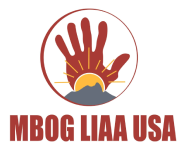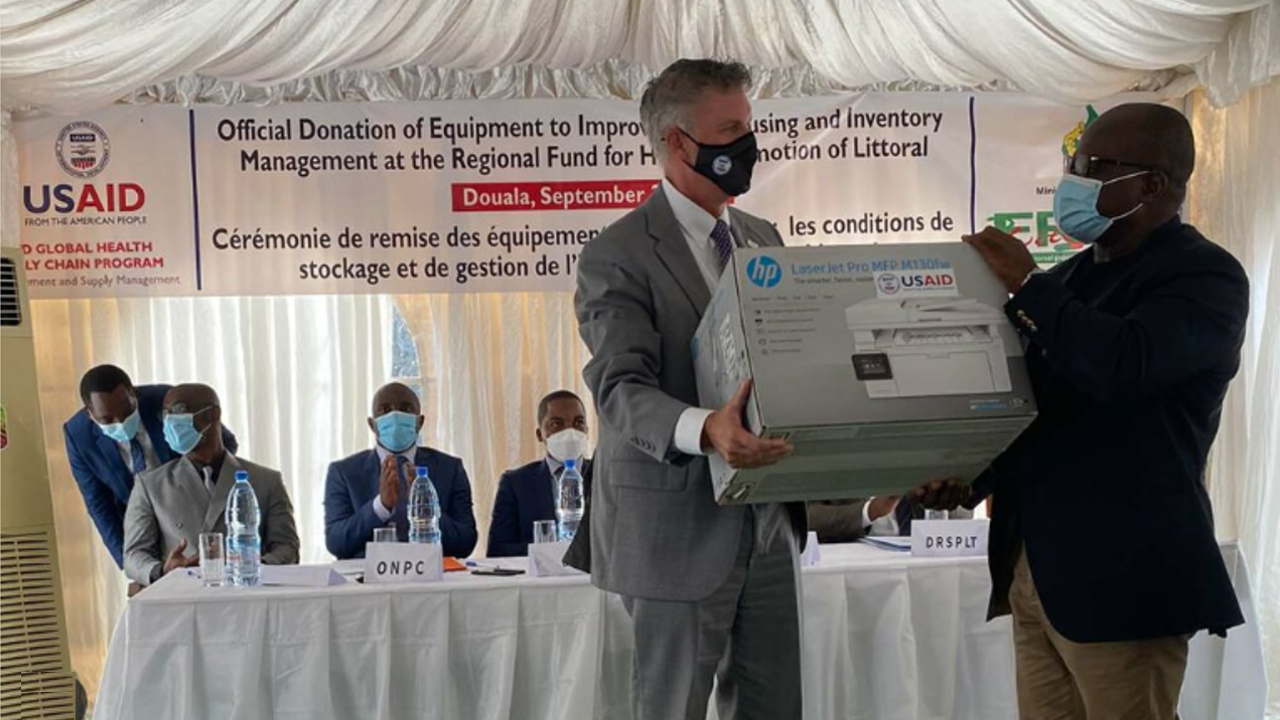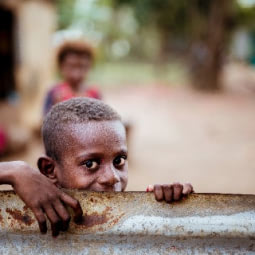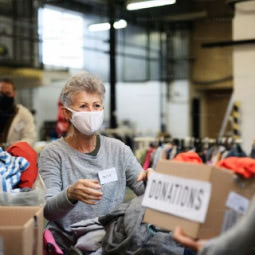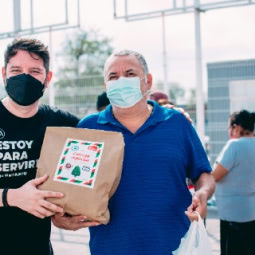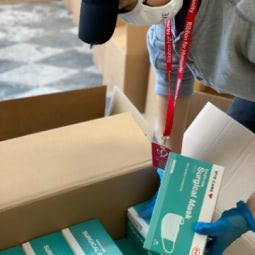Bassa Mpô’o Bati Medical Association (AMBM): A tool at the service of our community.
Twenty-one years ago, four renowned doctors came together with the idea of offering their communities the opportunity to benefit from their expertise in the health sector, at little or no cost, as they recognized the fragility of our community. Looking at their objectives, they also felt the need to train the younger generation of doctors newly arrived in Cameroon. All health sector specialists heeded the call, and the AMBM was born.
The goal of AMBM is to raise awareness worldwide and assist the underprivileged in poor rural areas. Their actions are aimed at breaking down barriers to healthcare, focusing on preventive and primary care, and ultimately saving lives.
Since its inception, the association has grown by leaps and bounds. A great benefit of this growth is a more engaged Bassa-Mpô’o-Bati medical base with the entire AMBM community. However, there is still work to be done. The association is continuously fundraising for the AMBM scholarship fund to benefit current Bassa-Môo’o-Bati students in the medical field. They also seek to build mentoring programs to encourage and assist current students to complete the path to graduation and become a member of the AMBM family.
How do they work?
They are a huge help to their communities. They don’t care about money because the association runs on donations, membership dues or government funding. Their first priority is helping people. They set up mobile clinics to poor rural areas and provide medical care where people aren’t financially secure. By visiting remotes villages, they make it easier for people to access routine screenings, preventive care and treatment for health problems. Their actions are aimed at reducing health inequities, which too often, lead to disparities in health outcomes, impacting individuals and society negatively. Sometimes, they are invited by elites to their communities where they offer mobile clinics to disadvantaged, elderly, and disabled populations who have limited access to traditional health facilities. Their top mission is to provide healthcare free of charge to poor communities.
AMBM also hosts and participates in several events that are designed to mentor and encourage current and future medical students. The attendance at meetings and fundraising events has grown each year. These things are possible because of the growing number of contributing members of the AMBM family in Cameroon and abroad.
What do they need?
They provide free primary care, minor emergency care, and health education in rural areas through mobile clinics. These are often supported through charitable donations and typically receive little or no regular government support. Rather, they raise funds from the community through annual fundraising drives and outreach to individuals, businesses, and other nonprofit organizations.
By bringing care to the community, they minimize the need for costly travel to hospitals or clinics, thus eliminating the financial burden on individuals and communities. Unfortunately, reliance on a mix of funding sources, including philanthropy, fundraising and grants have proven at times to be unpredictable and insufficient to cover all operating costs, hindering the frequency of the free delivery of healthcare to villages and poor rural communities.
Main Challenges Facing Mobile Clinics
Despite its many benefits, mobile clinics face numerous challenges and considerations that must be addressed to maximize their impact. Among them are:
· Resource Limitations: Bassa-Mpô’o-Bati communities in rural areas have fewer resources available for public safety and healthcare teams, making it harder for mobile clinics to build partnerships and access necessary support.
· The need to travel long distances to reach patients in rural areas can limit the time spent with each patient and the number of patients seen daily.
· Lack of transportation options and infrastructure, including limited public transit service and inadequate pedestrian and cycling infrastructure.
· Funding constraints and regulatory barriers are all significant obstacles to the widespread adoption and scalability of mobile clinic initiatives.
We thank all our contributors. We know that with your continued support, we can build better communities.
